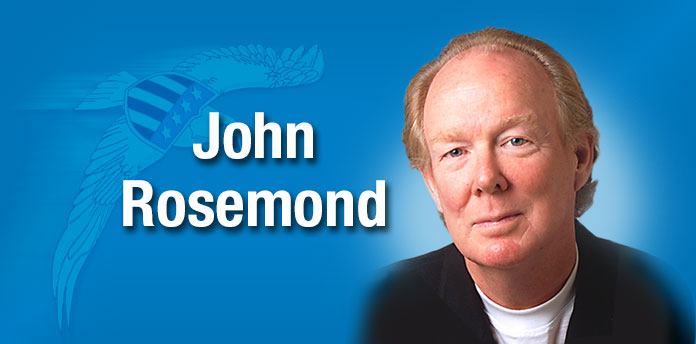QUESTION: I recently read an article by a parenting expert who said adults need to earn the respect of children. That seems like one more progressive attempt to undermine parental authority. I believe children should respect adults no matter what. Don’t you agree?
ANSWER: No, I don’t agree. You’re saying, in effect, that respect is an entitlement due adults because they’re — what? — bigger? Older? Are employed? Went through college?
The crucial issue is not whether a person occupies a position of authority — boss, commander, parent — it is whether he or she exercises authority in a manner that deserves respect.
For example, the fact that the law requires me to submit to certain designated authorities does not mean I am obligated to respect them. Note that obedience and respect are not synonymous. I obey because I believe in rule of law, however imperfect. I also obey because in the final analysis, I’m a lot more content than if I disobey. (Disobedient people, regardless of age, are never content.)
I am not obliged, however, to respect the individuals who make the law. They earn my respect by acting responsibly, ethically, and selflessly.
Likewise, I think it is in the overall best interest of children that they obey adults who occupy positions of legitimate authority: parents and teachers, especially. Children who disobey are not happy campers.
But even a child can understand, intuitively, that an adult in a position of leadership is not behaving in a fashion that deserves respect. An adult earns the respect of children by discharging the responsibilities of his or her “office” in a fashion that causes children to want to obey.
In other words, obedience is a natural response to effective leadership, and this is true regardless of whether the people being led are adults or children.
The question therefore becomes: what does effective leadership look like?
For one thing, effective leaders command. People in leadership positions who are demanding do not know how to command. Effective leaders are relaxed, not uptight. They are open to changing their minds (albeit they have to take care not to appear to be wishy-washy).
They communicate clearly and concisely, which is essential to the projection of decisiveness. They let people make mistakes and learn from them. Above all, the effective leader is focused on helping the people he leads become better at what they’re doing. As a consequence, working for a good leader is intrinsically rewarding.
Parenting and teaching are both leadership activities. Unfortunately, today’s parents and teachers are all too likely to be acting as if their primary goal is to be friends with their children and students.
Leaders, however, must guard against letting the desire for relationship undermine leadership. The attempt on the part of a person in a leadership position to establish wonderful relationships reflects insecurity, which opens the door to disrespect. Besides, by putting leadership first, good relationship follows — naturally.
Sorry, but I don’t believe in entitlements. I’m one of those old-fashioned folk who believes in obligations and responsibilities.
[Family psychologist John Rosemond: parentguru.com. Copyright 2023, John K. Rosemond]












Leave a Comment
You must be logged in to post a comment.